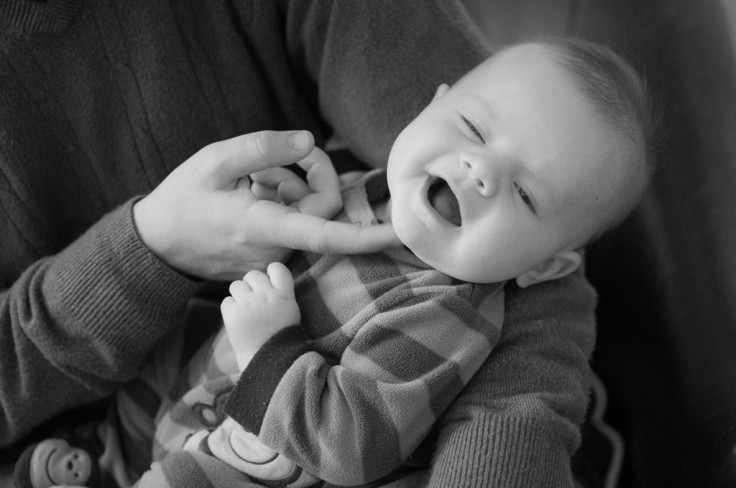Tickle, Tickle: The Science Behind Being Ticklish, And How To Overcome It

The human touch is a powerful sense we’re exposed to as soon as we’re born. We respond to touch, both physically and emotionally, with some areas on our bodies being more sensitive than others. Tickling especially can elicit both vocal and emotional reactions, but what exactly happens to our body when we’re tickled?
The Royal Institution’s video “How to Stop Yourself from Being Ticklish,” delves into the evolutionary purpose of this phenomenon to teach us why we can’t tickle ourselves and how to stop being ticklish. Dr. Emily Grossman, a science presenter and educator in the UK, elaborates on the several theories that suggest why we feel ticklish.
For example, tickling can be seen partly as a type of peer bonding, in which family and friends, for instance, form relationships. Others say tickling acts as an alarm to alert us to the feeling of crawling on our skin, which only becomes funny once we realize this sensation is coming from another human being.
We laugh when we’re tickled because both tickling and laughing activate the Rolandic operculum — a part of the brain that controls facial movement, vocal, and emotional reactions. Tickling also stimulates the hypothalamus, which is the part of the brain that controls our body temperature, hunger, and sexual behavior, among other things. This is why we feel pleasure when we’re being tickled.
Although we understand why we laugh when we’re tickled, why can’t we tickle ourselves? Grossman explains when we tickle ourselves, the brain already has a good idea where the sensation will occur. Therefore, it will become familiar with how it feels, which suppresses the tickle response.
Scientists have found decreased activity in the areas of the brain associated with the tickle response when people attempt to tickle themselves. This suggests we can control our response to being tickled, even when someone else is doing the tickling. We can simply place our hands on top of theirs the next time we spot a potential tickler. This will allow our brain to better predict the sensations of their hands and therefore suppress and protect us from the tickle response.
Indeed, we can potentially win any tickle challenge once our brain has a better sense of our opponent’s sensations.



























